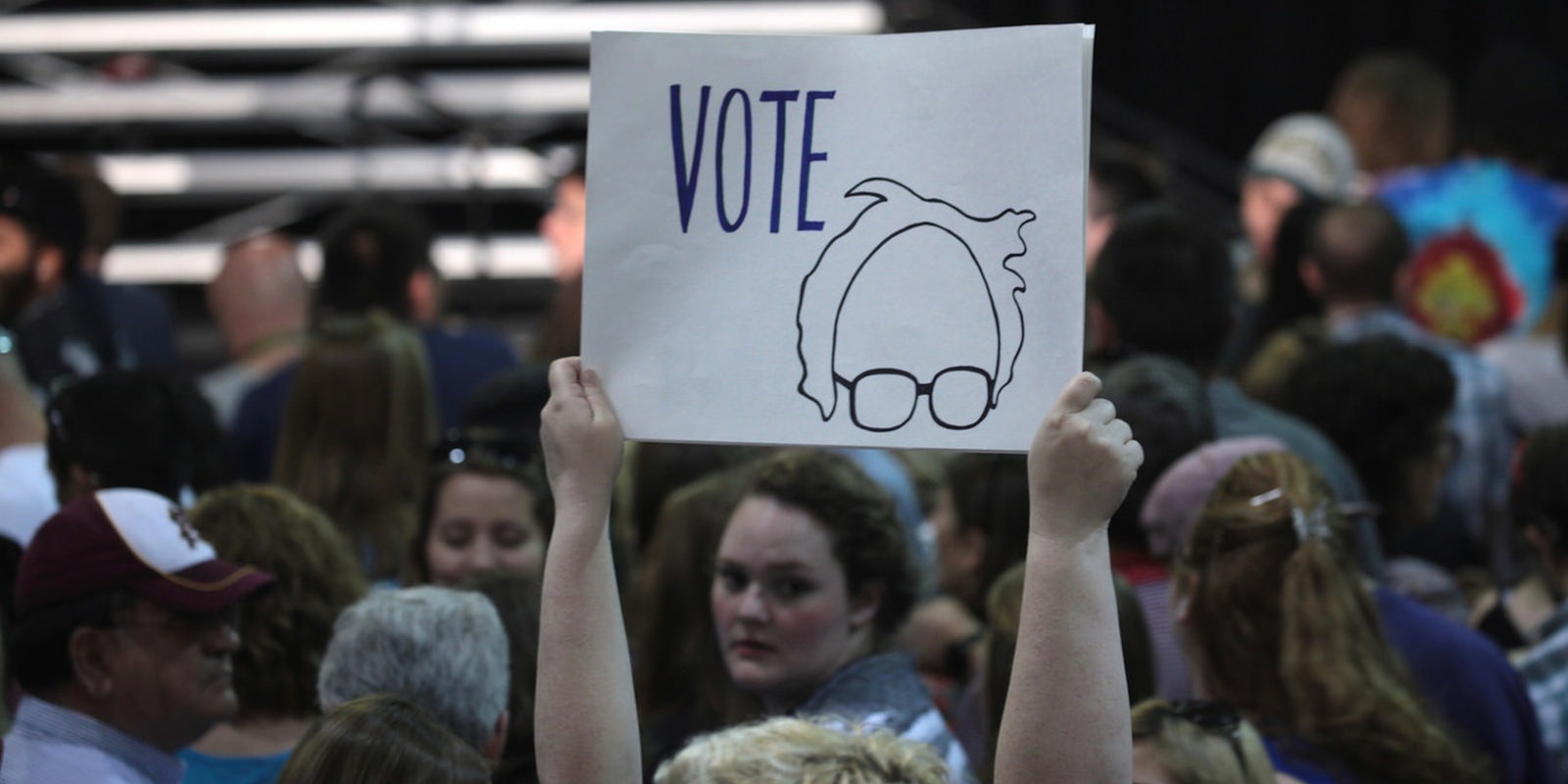Bernie Sanders is on a winning streak.
After resounding victories in Alaska and Washington state on Saturday, the independent Vermont senator scored his third win of the day with a victory in Hawaii’s Democratic caucus.
Sanders earned 69.8 percent to former Secretary of State Hillary Clinton‘s 30 percent, with 100 percent of precincts reporting.
Politically liberal analysts largely expected Sanders, a self-described democratic-socialist, to perform well among voters in the island state. The state also has a relatively small African-American population, a demographic that has largely favored Clinton in other state contests.
Hawaii awards Democratic candidates 25 pledged delegates, 17 of which Sanders won. The state also holds 10 superdelegates, party leaders and elected officials who may vote however they like at the Democratic convention in July.
Sanders’s victory in Washington has largest impact on the delegate race. Of the state’s 101 delegates, Sanders is on track to earn roughly 75 to Clinton’s 26, significantly reducing Clinton’s pledged delegate lead. At the time of publication, Clinton remained 281 delegates ahead of Sanders.
But Clinton remains far ahead in superdelegates, with 469 to Sanders’s 29.
In total, Clinton currently has 1,243 delegates to Sanders’s 975 delegates. The candidates must earn 2,383 total delegates to win the Democratic Party’s presidential nomination.
The Democratic race will continue on April 5 in Wisconsin, followed by Wyoming’s April 9 caucus.
Photo via Gage Skidmore/Flickr (CC BY SA 2.0)


